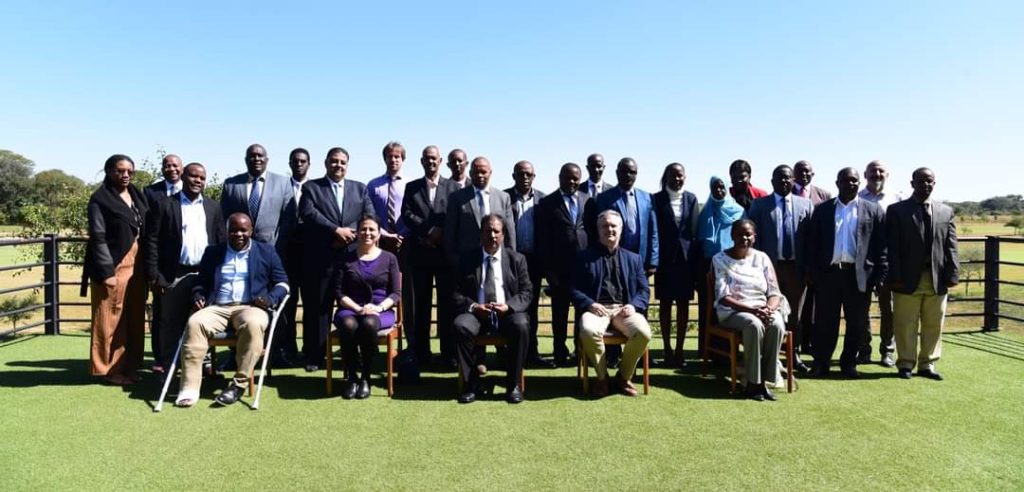
The COMESA Protocols on free movement have over the years faced slow pace of implementation, with many decisions of the Council of the Ministers calling on Member States to speed up ratification.
The protocols are on the Gradual Relaxation and Eventual Elimination of Visa Requirements (commonly known as the visa protocol) and on the Free Movement of Persons, Services, Labour and the Right of Establishment and Residence.
The Visa Protocol has existed since 1984 but has not yet achieved full implementation in the region while the Free Movement Protocol was adopted in 2001 with only four countries; Burundi, Kenya, Rwanda and Zimbabwe having implemented its fundamental principles.
Concerned at the slow pace of implementation, the COMESA Council of Ministers have made several decisions to spur action on this front.
This led to the creation of two COMESA Task Forces on the implementation of the legal instruments, the COMESA Council of Ministers Decisions and capacity building on the COMESA programme on free movement protocol.
The teams had their latest meeting in Lusaka, Zambia from 30 May – 01 June 2022 funded by the European Union under the 11th European Development Fund (EDF), through the COMESA Trade Facilitation Programme (TFP).
Its objective was to discuss, a revised draft strategy, a roadmap/action plan and the draft capacity building programme for implementing the COMESA legal instruments and the decisions of the Council of Ministers relating to the free movement of persons in the region.
Implementation of the protocols is critical in deepening COMESA’s regional integration for economic development under the Free Trade Area. This is in respect to trade in goods and services, in the context of the COMESA Trade in Services Protocol which requires movement of labour, among others, as a factor of production and service providers.
Once validated, the draft strategy and roadmap/ action plan will be presented to the COMESA Ministers responsible for immigration for adoption and subsequent implementation.
Addressing the delegates, the COMESA Assistant Secretary General – Administration and Finance, Dr Dev Haman, urged Member States to put in place policies to domesticate the principles of free movement.
He noted:
“It is detrimental to the regional bloc to continuously develop new policies at the expense of existing and unimplemented ones hence the need for Member States to speed up the ratification process for the Visa Protocol to enter into force.”
International Labour Organisation Acting Regional Director, Mr. Jason Theede, emphasised the importance of improving labour migration in the COMESA region.
He urged the Member States to address restrictions to the mobility of various groups including migrants, professional service providers, seasonal workers and cross-border traders.
“Restricting regular and orderly migration have negative economic consequences particularly in the areas of tourism, trade and general economic growth,” Mr Theede said.
The Chief Technical Advisor at the International Labour Organisation, Dr Gloria Moreno-Fontes observed that labour migration was a foundation of the economic development of the African continent, and a key feature of movements in the continent and particularly in the region.
Delegates from 10 Member States, namely: Burundi, Congo DR, Egypt, Eswatini, Kenya, Malawi, Rwanda, Sudan, Zambia and Zimbabwe attended.
Technical support for the meeting was provided by the International Labour Migration (ILO), under the Southern Africa Migration Management (SAMM) Project and the International Organization for Migration (IOM), a co-delegate under the COMESA Small Scale Cross Border Traders (SSCBT) initiative.

